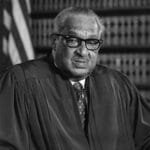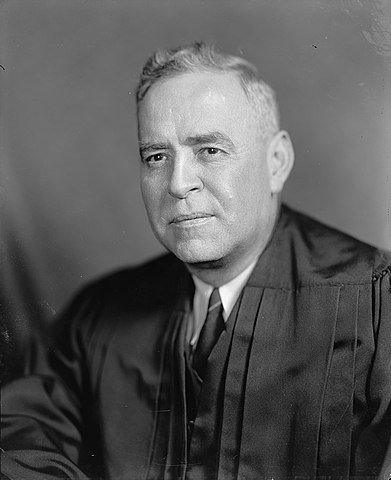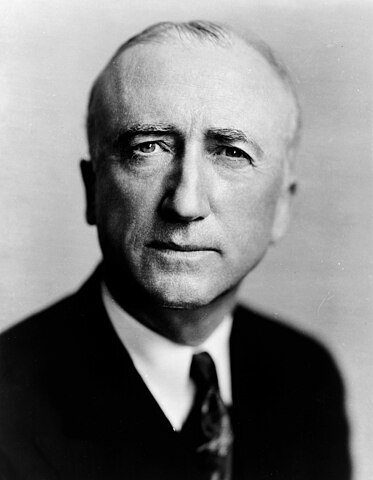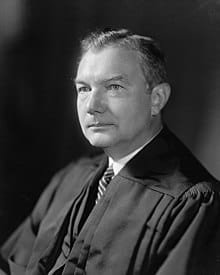 Appointed by President Franklin D. Roosevelt in 1939, Justice Felix Frankfurter served until his retirement in 1962. A renowned legal scholar and founder of the American Civil Liberties Union, Frankfurter brought a pragmatic approach to the Court, emphasizing judicial restraint and deference to the legislative branch.
Appointed by President Franklin D. Roosevelt in 1939, Justice Felix Frankfurter served until his retirement in 1962. A renowned legal scholar and founder of the American Civil Liberties Union, Frankfurter brought a pragmatic approach to the Court, emphasizing judicial restraint and deference to the legislative branch.
Frankfurter believed in the concept of “judicial self-restraint,” arguing that courts should avoid imposing their own views on policy matters best left to elected officials. His opinions often reflected this philosophy, as seen in cases like Dennis v. United States (1951), where he upheld convictions of Communist Party leaders under the Smith Act. Critics, however, argued that his deference sometimes led to inadequate protection of individual rights, particularly in cases involving civil liberties.
Despite his conservative leanings, Frankfurter made significant contributions to the Court’s jurisprudence. His dissent in Baker v. Carr (1962), which established the principle of “one person, one vote,” underscored his belief in separation of powers. Frankfurter retired in 1962, leaving behind a complex legacy of restraint and pragmatism.











